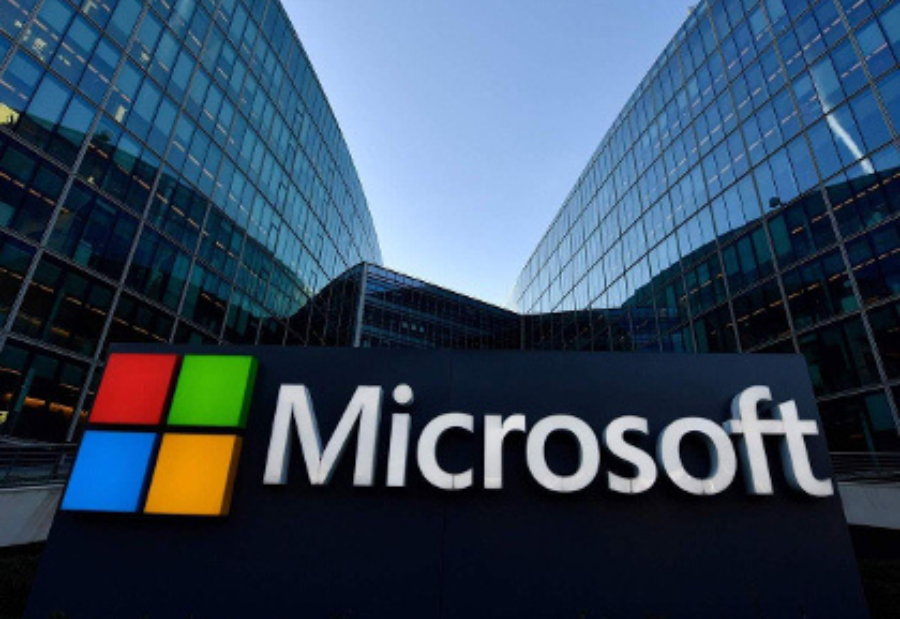Microsoft’s most recent Cyber Signals report highlights an increase in AI-assisted frauds that target job seekers and online consumers.
Scammers are increasingly leveraging artificial intelligence to craft more plausible fraudulent schemes, according to the paper. Microsoft claims to have stopped $4 billion worth of fraud efforts in the last year and to have identified about 1.6 million bot signup attempts every hour.
The use of AI to make it easier for attackers with less technical expertise to create complex schemes is a growing problem, according to the paper. AI-generated websites that closely resemble real companies and deepfake-driven phishing are examples of tactics that enable criminals to implement convincing schemes in minutes as opposed to days or weeks.
By improving its detection models with cutting-edge AI, including machine learning, Microsoft is concentrating on thwarting these threats and detecting and reducing fraud assaults at scale.
The study gives customers precise advice on how to protect themselves when they purchase online. Among its suggestions
Microsoft advises: “Don’t let pressure tactics trick you – Don’t be fooled by ‘limited-time’ deals and countdown timers.”
On the dangers of online advertising, the report cautions: “Only click on verified ads – Many scam sites spread through AI-optimised social media ads. Cross-check domain names and reviews before purchasing.”
AI-driven deception can also be found in fabricated online endorsements and testimonials. The report notes: “Be sceptical of social proof – Scammers can use AI-generated reviews, influencer endorsements, and testimonials to exploit your trust.”
Job seekers are identified as another group at risk, with the report outlining tactics that fraudulent employers may use. The advice includes: “To provide personal or financial information – Unsolicited SMS and email messages offering high-paying jobs with minimal qualifications are typically fraudulent. Avoid sharing personal or financial information. You should never provide a National Insurance number, banking details, or passwords to an unverified employer.”
The report also highlights the risk of payment requests: “To pay for a job opportunity – Employment offers that include requests for payment, offers that seem too good to be true, and a lack of formal communication platforms can all be indicators of fraud.”
On communication, Microsoft advises vigilance: “To communicate via unofficial communication channels – If recruiters and hiring managers only communicate via SMS, WhatsApp, or non-business email accounts, it’s a red flag. Legitimate employers use official company platforms for hiring communications. Always handle personal and sensitive information over secure platforms.”
Microsoft has launched a number of free tools and features to strengthen consumer protection. Among these is Microsoft Edge’s improved security, which helps users stay away from fake websites and impersonation by using deep learning technology.
Additionally, digital fingerprinting technology is being used to detect criminal activity.
“Microsoft’s digital fingerprinting capability identifies malicious behaviours and ties them back to specific individuals. This helps in monitoring and preventing unauthorised access.”
Additionally, Microsoft has updated its Quick Assist tool, which allows users to share their computer screens remotely. “Quick Assist now includes warnings and requires users to check a box acknowledging the security implications of sharing their screen (Quick Assist is a tool that enables users to share their Windows or macOS device with another person over a remote connection). This adds a layer of helpful ‘security friction,’ by prompting users who may be multi-tasking or preoccupied to pause to complete an authorisation step,” the report explains.
The growing complexity of online fraud and the growing demand for defense strategies that are both technologically and user-focused are highlighted in Microsoft’s Cyber Signals study.
Also read: Viksit Workforce for a Viksit Bharat
Do Follow: The Mainstream formerly known as CIO News LinkedIn Account | The Mainstream formerly known as CIO News Facebook | The Mainstream formerly known as CIO News Youtube | The Mainstream formerly known as CIO News Twitter |The Mainstream formerly known as CIO News Whatsapp Channel | The Mainstream formerly known as CIO News Instagram
About us:
The Mainstream formerly known as CIO News is a premier platform dedicated to delivering latest news, updates, and insights from the tech industry. With its strong foundation of intellectual property and thought leadership, the platform is well-positioned to stay ahead of the curve and lead conversations about how technology shapes our world. From its early days as CIO News to its rebranding as The Mainstream on November 28, 2024, it has been expanding its global reach, targeting key markets in the Middle East & Africa, ASEAN, the USA, and the UK. The Mainstream is a vision to put technology at the center of every conversation, inspiring professionals and organizations to embrace the future of tech.




